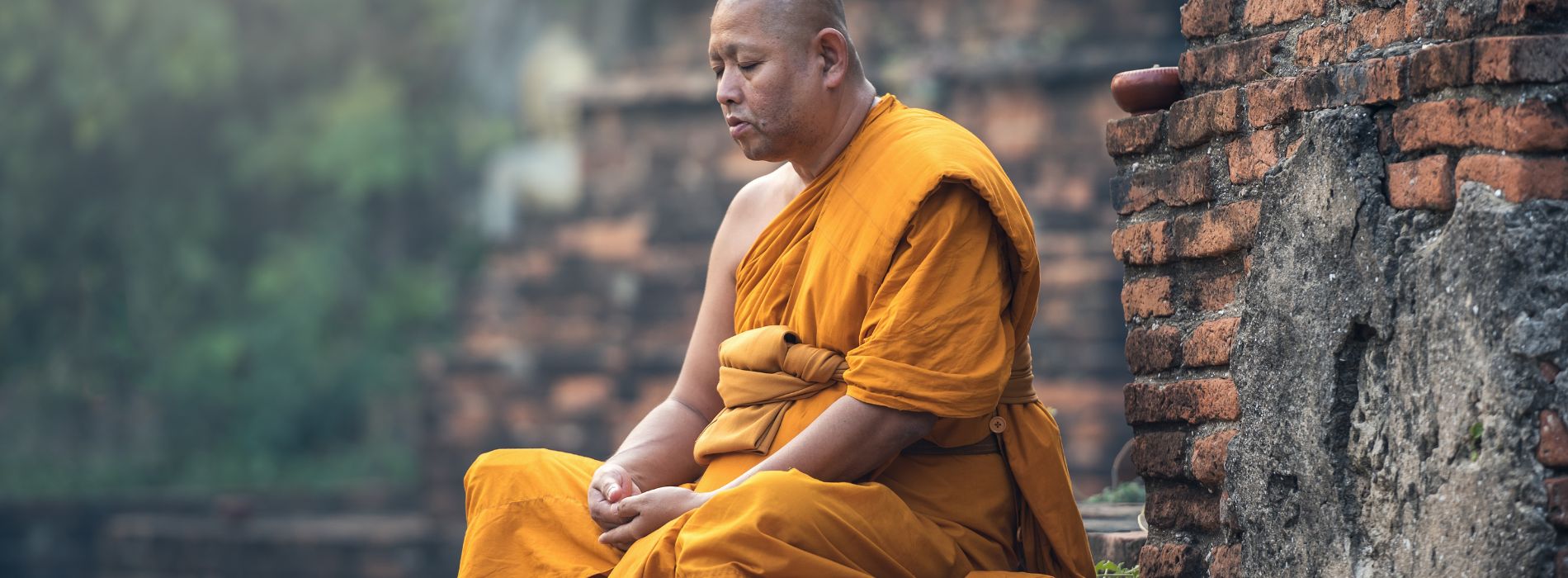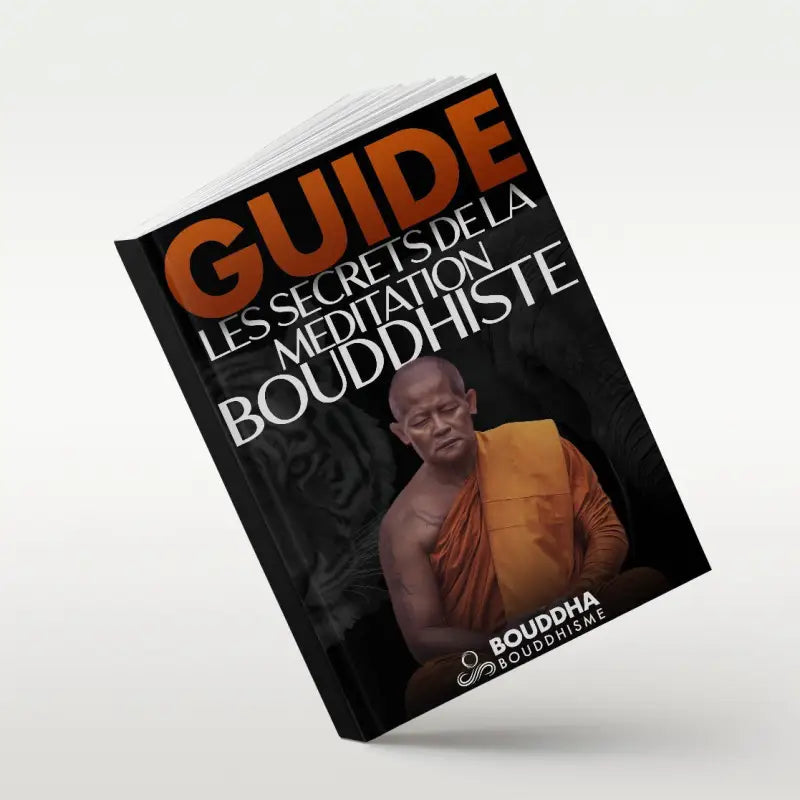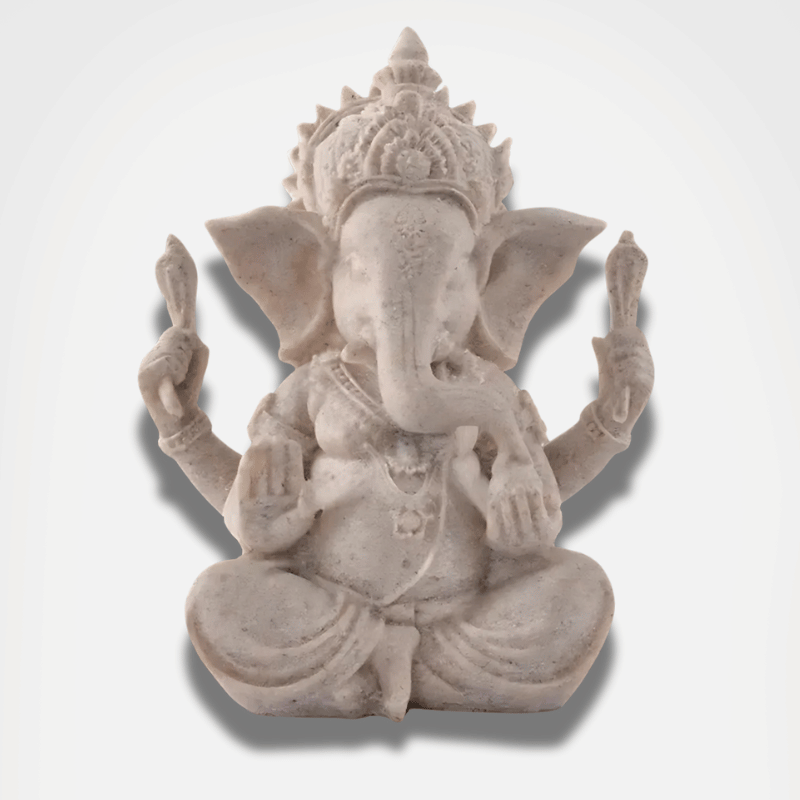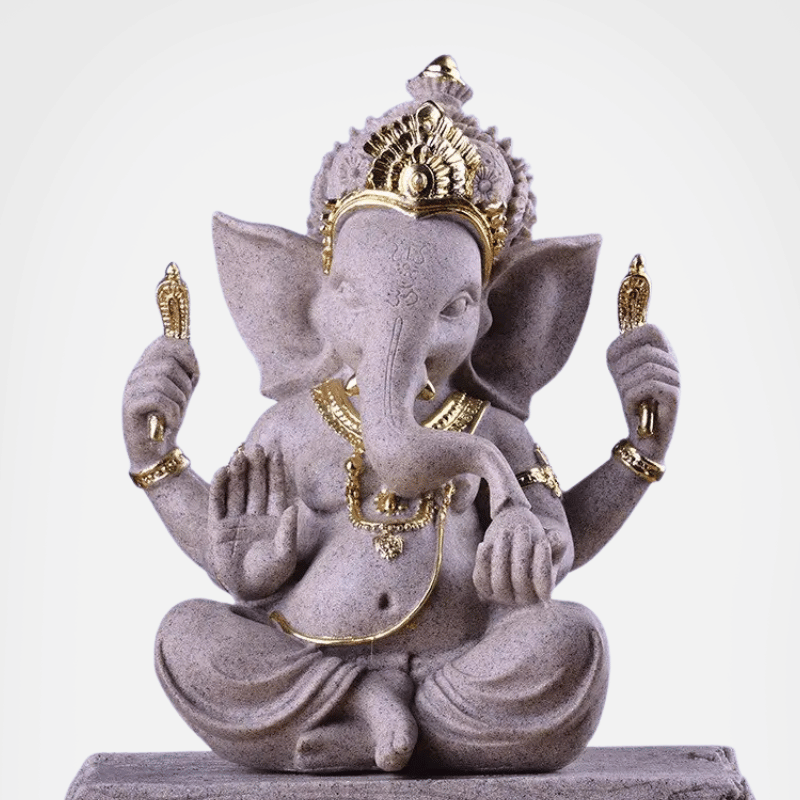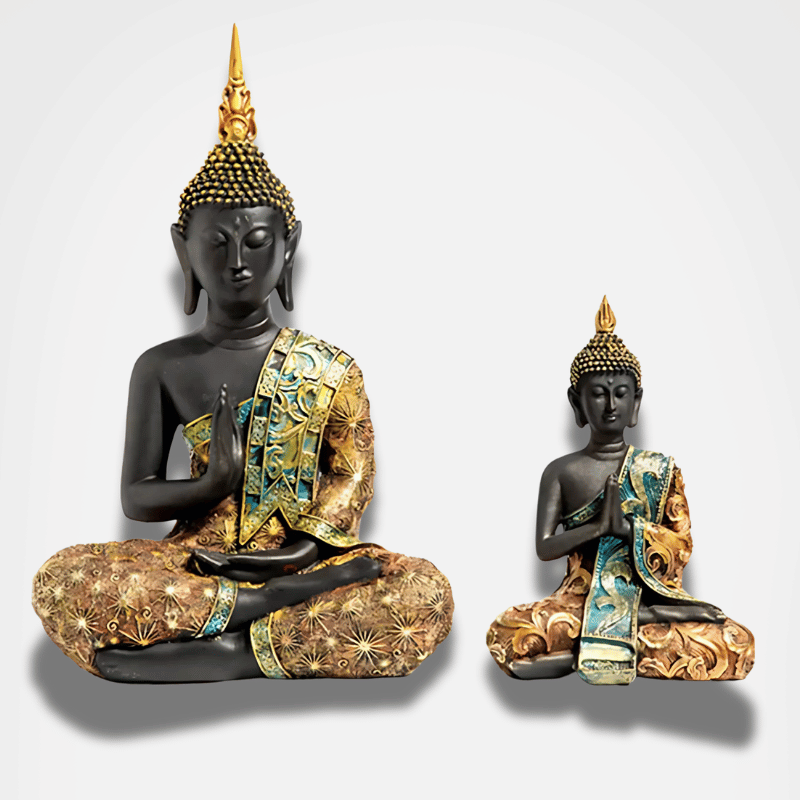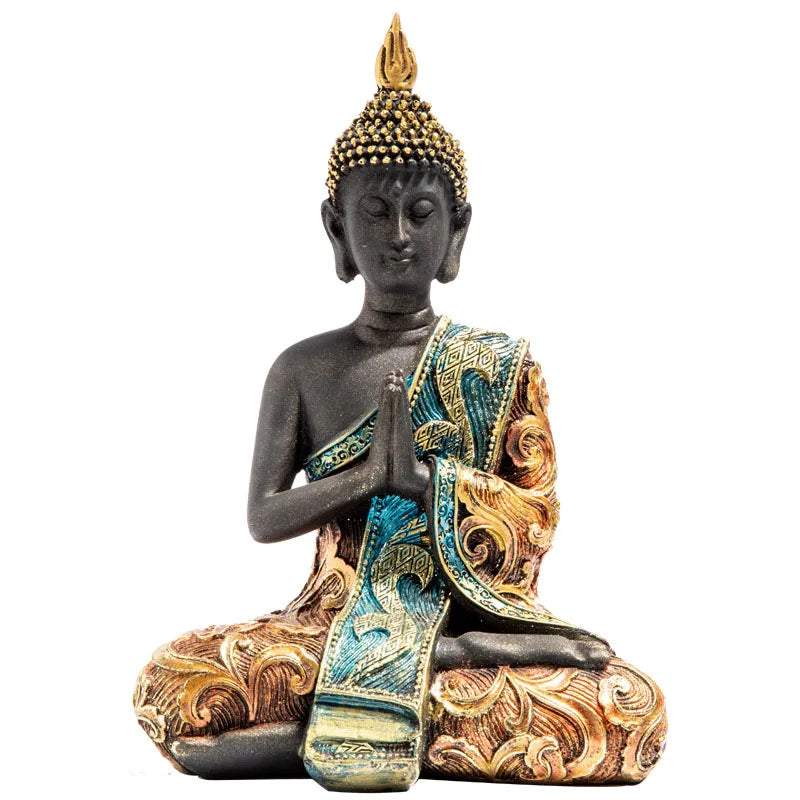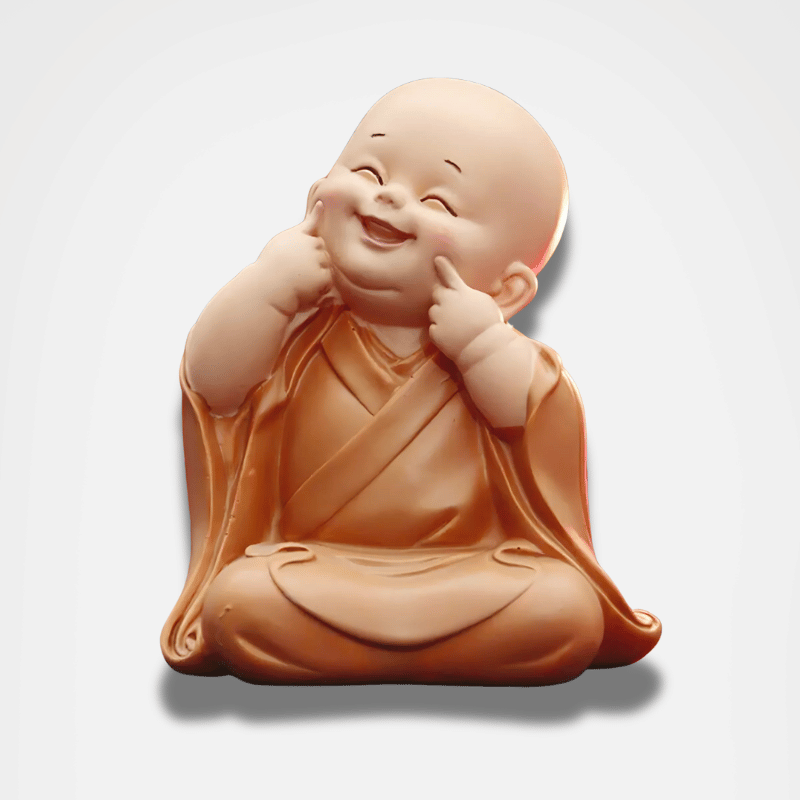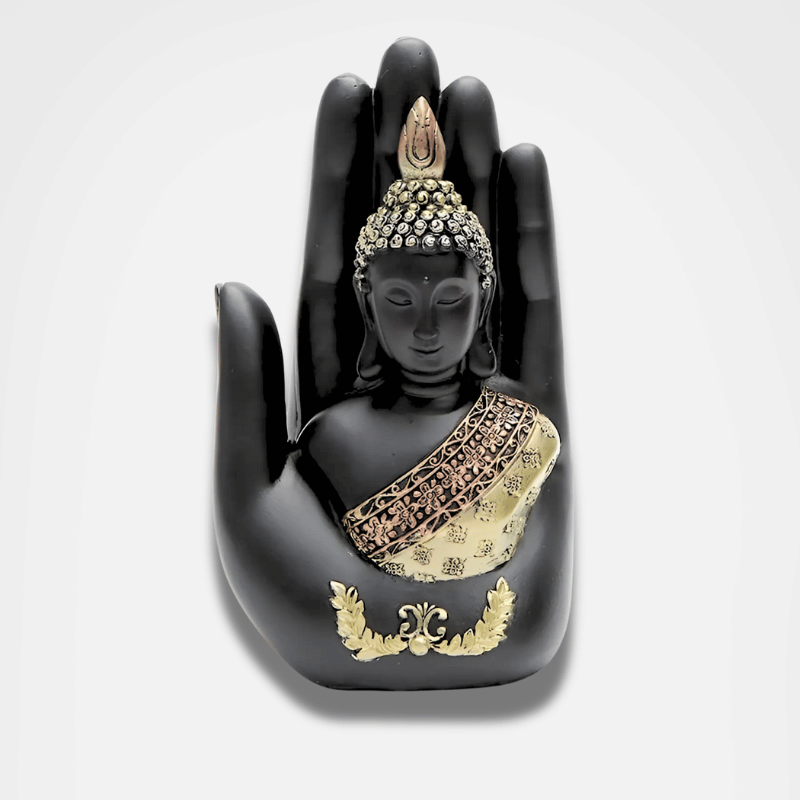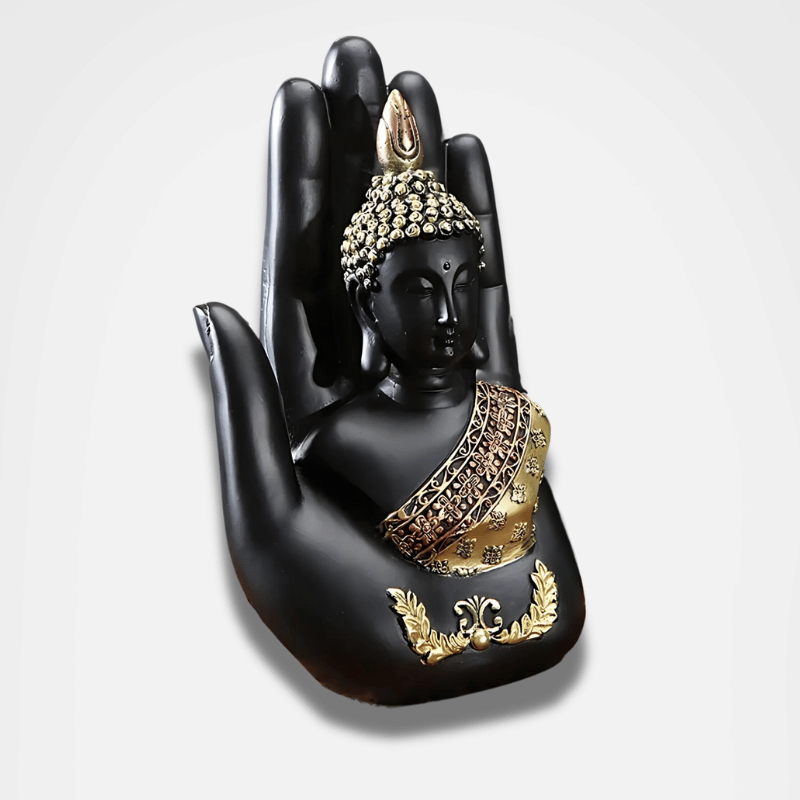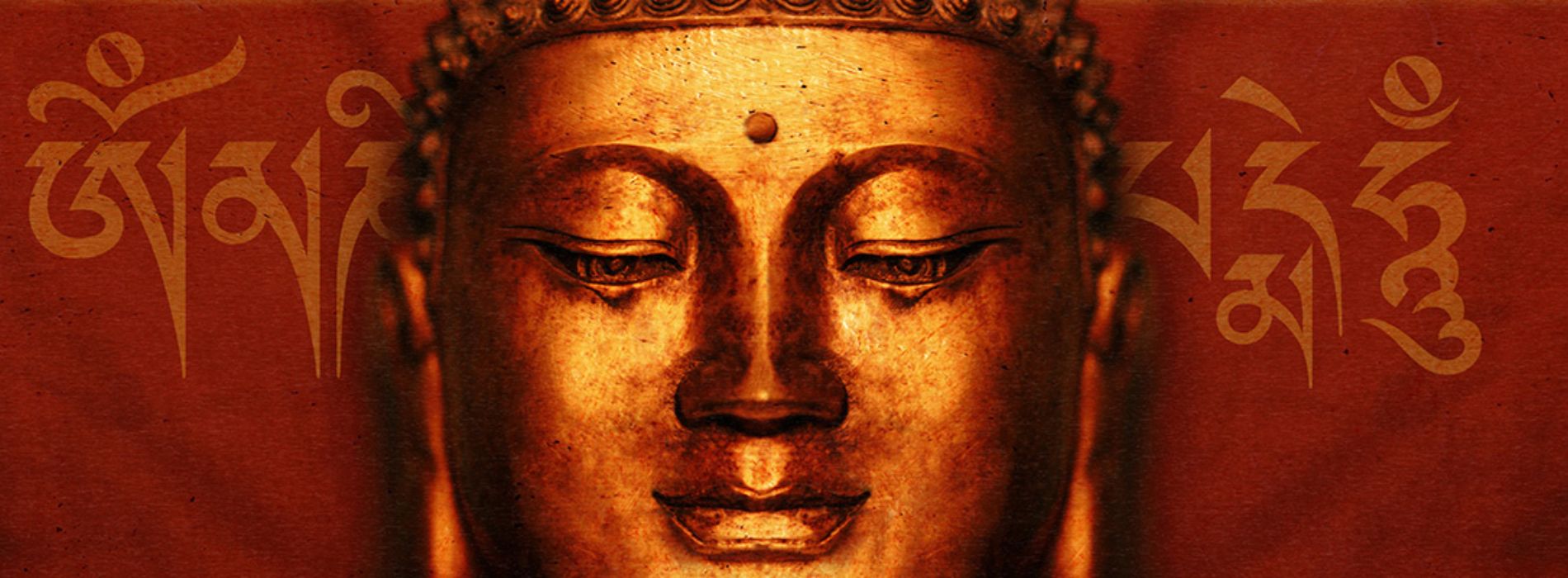What is the place of worship for Buddhism?
Buddhism, an ancient religion originating in India, has spread to many countries around the world. Buddhists practice their faith in a variety of places of worship that vary based on tradition and geography. In this article, we will explore the different types of places of worship in Buddhism and their significance.
Buddhist temples
Buddhist temples are the most common places of worship in Buddhism. These temples are often magnificent architectural structures, adorned with intricate carvings and decorations that reflect the richness of Buddhist tradition.
Inside the temples you will find a variety of sacred symbols and objects, such as statues of Buddha and other revered figures, altars with offerings, bells and drums used for ceremonies, and important religious texts. Buddhists regularly visit temples to worship, meditate, pray and participate in rituals.
Buddhist monasteries
Buddhist monasteries play an important role in the religious life of Buddhist monks and nuns. These are communities where monks and nuns live, practice and study the teachings of Buddha. Monasteries are often located in peaceful, isolated locations, such as mountains or forests, to allow for a life of retreat and meditation.
Inside monasteries, monks and nuns lead a simple and ascetic life. They follow a daily routine that includes meditation, recitation of sutras, manual labor and study. Monasteries also play an important role as centers of learning, where Buddhist teachings are transmitted to students and practitioners.
Buddhist stupas
Stupas are structures that symbolize the body, mind and teaching of Buddha. These are Buddhist monuments of hemispherical or conical shape, often built of stone or brick. Stupas contain sacred relics, such as the remains of a Buddhist saint or important religious texts.
Buddhists visit stupas to worship, meditate and make offerings. Stupas are often located in picturesque locations, such as hills or natural sites, to inspire contemplation and serenity. Some stupas are considered important pilgrimage sites, attracting thousands of Buddhists from around the world.
Buddhist meditation centers
In addition to traditional places of worship, many Buddhists practice meditation in centers dedicated to this practice. These meditation centers can be monasteries, temples, or spaces dedicated specifically to meditation. They provide practitioners with a calm and peaceful environment to concentrate and cultivate mindfulness.
Buddhist meditation centers typically offer retreats and teaching programs, where participants can learn different meditation techniques and deepen their understanding of Buddhist teachings. Meditation is a central practice of Buddhism, which aims to calm the mind, cultivate compassion, and develop a deep understanding of the nature of mind and reality.
Buddhist study centers
Buddhist study centers are institutions where the teachings of Buddha are studied in depth. These centers offer courses, lectures and study programs on sacred texts and Buddhist doctrines. Students learn the fundamental principles and concepts of Buddhism, as well as methods of meditation and practice.
Buddhist study centers are often run by qualified teachers and experienced monks. They offer students the opportunity to deepen their understanding of Buddhist teachings and develop their personal practice. These centers play an important role in the preservation and transmission of Buddhist teachings from one generation to another.
Conclusion
Buddhism offers a wide diversity of places of worship, from beautifully decorated temples to isolated monasteries to sacred stupas. These places of worship are essential to the practice and understanding of Buddhism. They offer Buddhists the opportunity to recollect, meditate, pray, and cultivate a deep understanding of the nature of mind and reality.
Whether you are a Buddhist practitioner or simply curious about this ancient tradition, visiting a Buddhist place of worship can be an enriching experience that will allow you to explore the wisdom and compassion of the Buddha .

